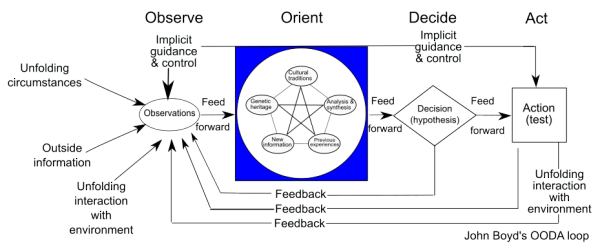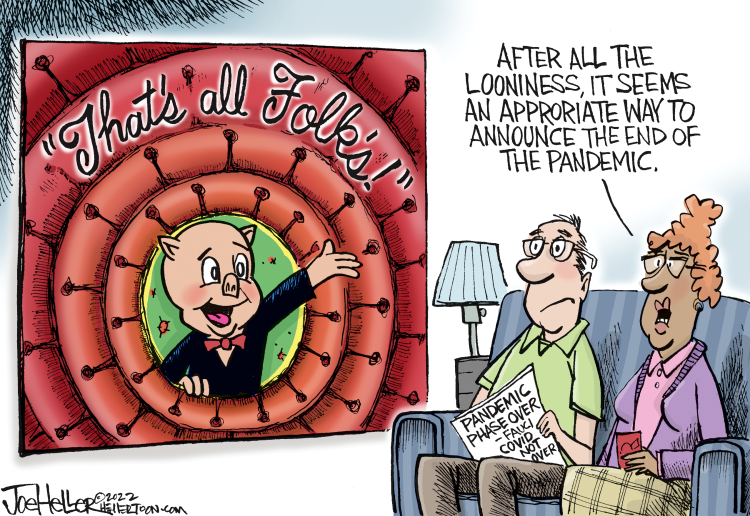When I think about the invention of the wheel, I think about cavemen (even though I know that cavemen did not invent the wheel).
Lots of significant inventions predated the wheel by thousands of years. For example, woven cloth, rope, baskets, boats, and even the flute were all invented before the wheel.
While simple, the wheel worked well (and still does). Consequently, the phrase "reinventing the wheel" often is used derogatorily to depict needless or inefficient efforts.
But how does that compare to sliced bread (which was also a pretty significant invention)?
Despite being a hallmark of innovation, it still took more than 300 years for the wheel to be used for travel. With a bit more analysis, it makes sense. In order to use a wheel for travel, it needs an axle, and it needs to be durable, and loadbearing, requiring relatively advanced woodworking and engineering.
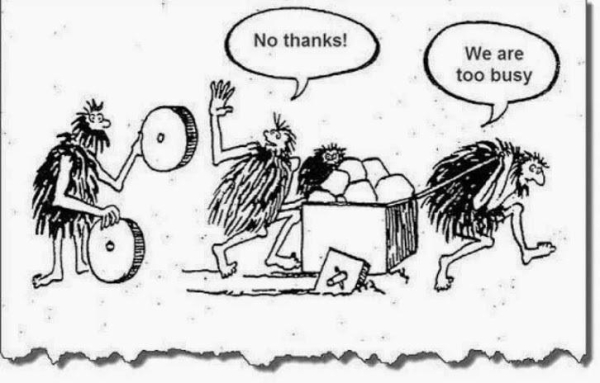
All the aforementioned products created before the wheel (except for the flute) were necessary for survival. That's why they came first.
As new problems arose, so did new solutions.
Necessity is the mother of invention.
Unpacking that phrase is a good reminder that inventions (and innovation) are often solution-centric.
Too many entrepreneurs are attracted to an idea because it sounds cool. They get attracted to their ideas and neglect their ideal customer's actual needs. You see it often with people slapping "AI" on to their product and pretending it's more helpful.
If you want to be disruptive, cool isn't enough. Your invention has to be functional, and it has to fix a problem people have (even if they don't know they have it.) The more central the complaint is to their daily lives the better.
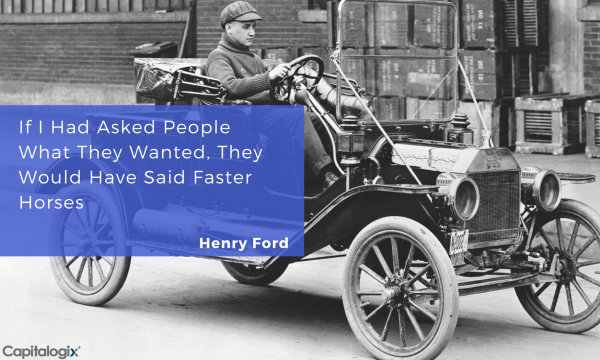
Henry Ford famously said: “If I had asked people what they wanted, they would have said faster horses.”
Innovation means thinking about and anticipating wants and future needs.
Your customers may not even need something radically new. Your innovation may be a better application of existing technology or a reframe of best practices.
Uber didn't create a new car, they created a new way to get from where you want with existing infrastructure and less friction. Netflix didn't reinvent the movie, they made it easier for you to watch one.
As an entrepreneur, the trick is build for human nature (meaning, give people what they crave or eliminate the constraint they are trying to avoid) rather than the cool new tech that you are excited about.
Human nature doesn’t seem to change much … Meanwhile, the pace of innovation continues to accelerate.
The challenge is to focus on what people want rather than the distraction of possibility.
It gets harder as more things become possible.
We certainly live in interesting times!

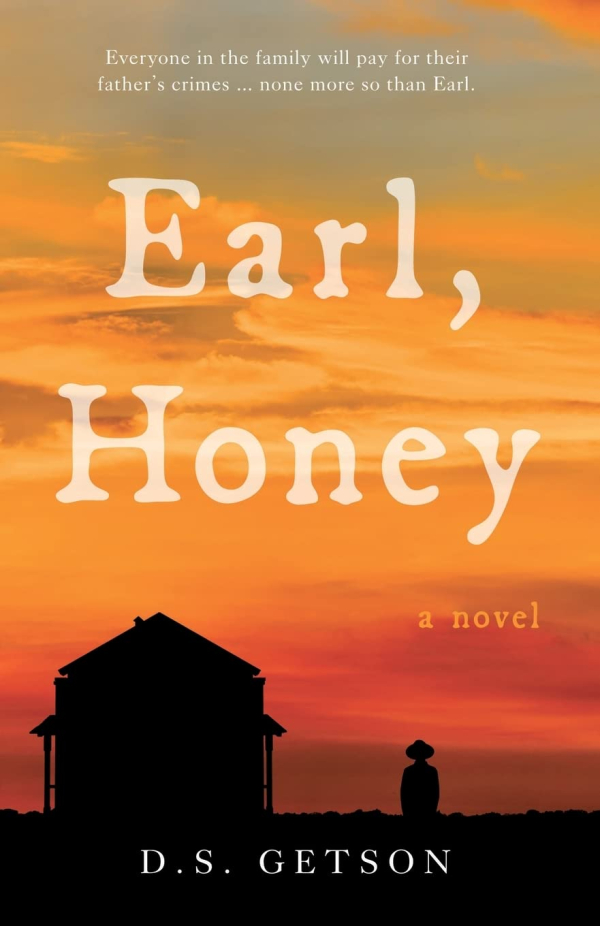
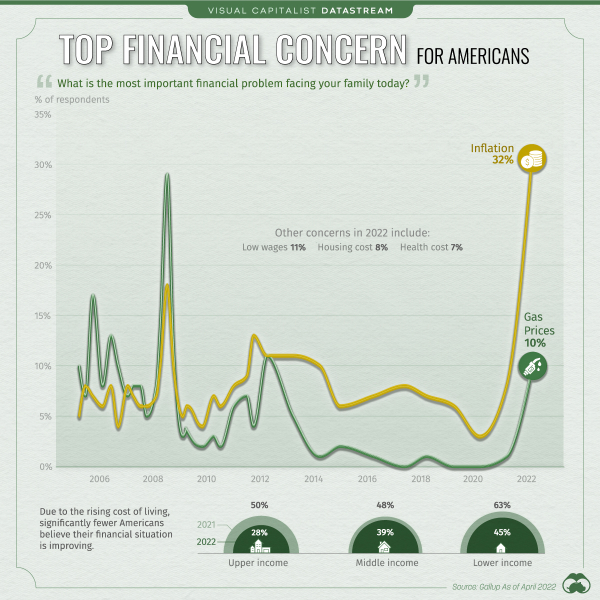 via
via 
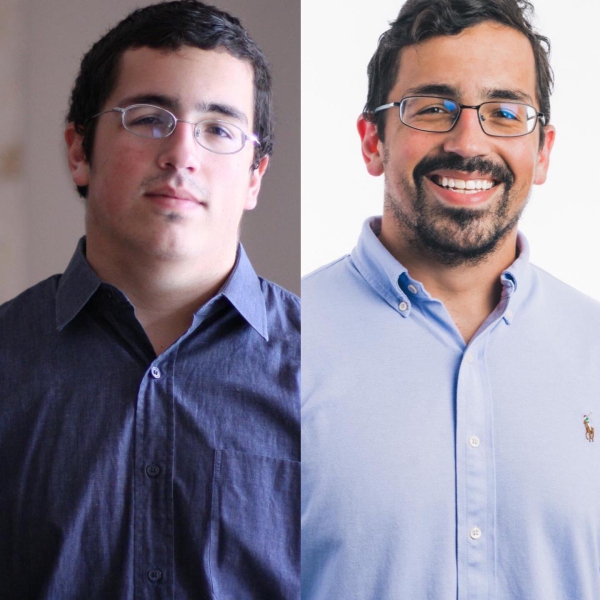
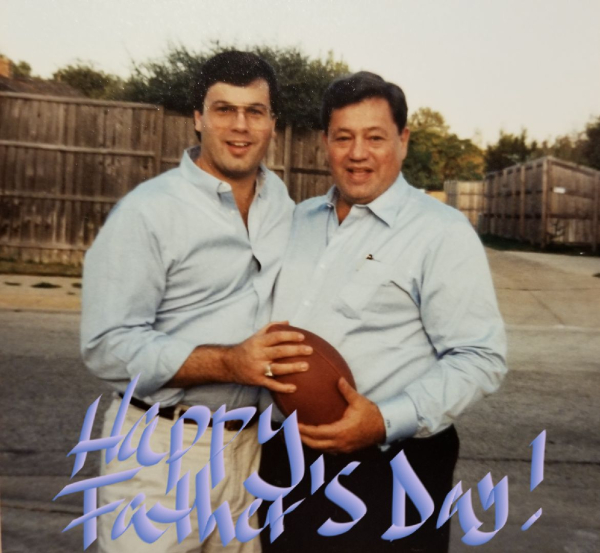
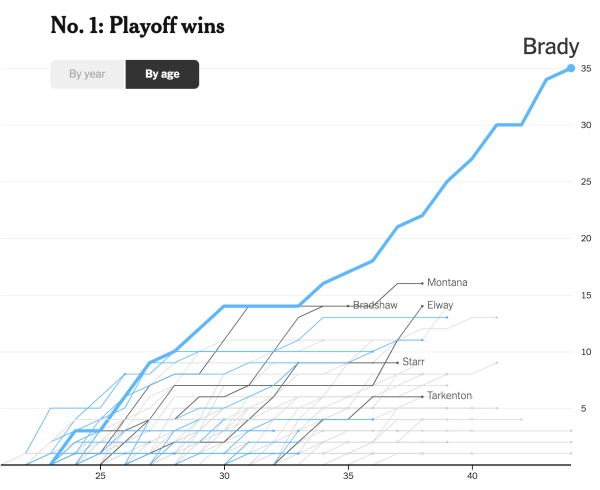 via
via 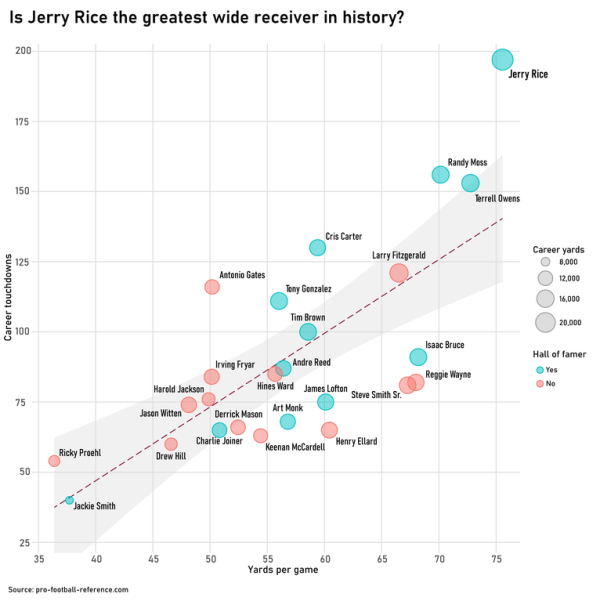 sdbernard via
sdbernard via 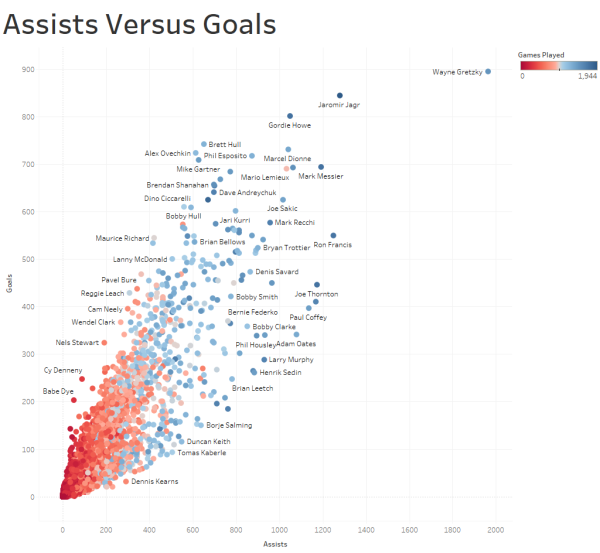 via
via 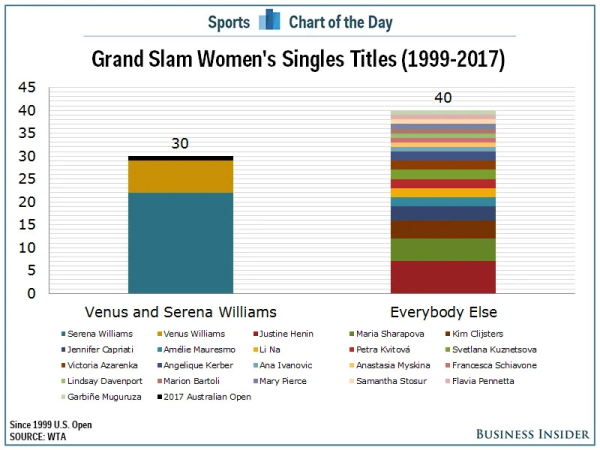 via
via 